Dear Friends,
This week the Bishop’s Blog reflects upon the plight of the Christians suffering in the Holy Land. Our diocesan website has some new pages to help in this regard – here, here, here, here and here.
I was reminded of the need to highlight this concern by the recent visit to the Holy Land of the group of Catholic bishops from across the globe. In fact, this Holy Land Co-ordination was founded in 1998 at the request of the Holy See and visits Palestine and Israel each year to engage in prayer, pilgrimage and advocacy in solidarity with the Church in the Holy Land.
The 14 bishops participating this year were from North America, Europe, and South Africa,You can read about more about it here.Photos of the visit can be viewed here.
I myself returned from a visit to the Holy Land last April with pilgrims from the Diocese for the Year of Faith with a very strong sense that we had to do more to express our solidarity with the Christian Communities there.
From our experience there and from the testimony of the Christians who live and work there – the ‘Living Stones’- we know our sisters and brothers there are suffering, and we don’t always ask ourselves often enough what our response needs to be.

Somehow we need to do what we can to raise the profile of Christians in the Holy Land and find ways of supporting and assisting our brothers and sisters in the faith there.

The overall decline in the Christian Population of the Holy Land has been very significant in recent decades and it is accelerating in the West Bank and East Jerusalem at an alarming rate. The number of Christians in Israel itself remains steady, but we still face the not too distant prospect elsewhere, especially in East Jerusalem, of the disappearance of most of the historic and apostolic Christian communities. These are communities that have been there, in some cases, since the days of our Lord.
And it’s that prospect, the prospect of the Christian presence in a good deal of the Holy Land being reduced just to the level of heritage; Churches as ‘museum pieces’, rather than living communities of faith and prophetic witness which concerns so many of us so deeply.
It is with this in view that I want to appeal today to you for your support the Friends of the Holy Land, a small but growing ecumenical charity. The distinctive thing about the Friends of the Holy Land is that it’s made up of parish-based groups, who are dedicated to praying with and for Christians in the Holy Land and supporting them in practical and personal ways.
The Friends of the Holy Land encourage pilgrimages, and involvement in local grass-roots projects to contribute to the sustainability of the most vulnerable communities and families.
I hope that you may be able to keep this intention in your prayers and to support in any way you can the Friends of the Holy Land – also considering ways of becoming better informed and more involved with the issues – not as part of any kind of political campaign but as part of what we owe our brothers and sisters in Christ’s Body living in the land where our Lord preached, lived, died and rose again.
Thank you – Pray for the peace of Jerusalem!
+Michael G Campbell OSA
Bishop of Lancaster


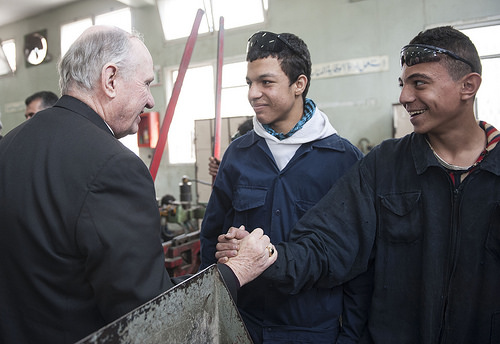




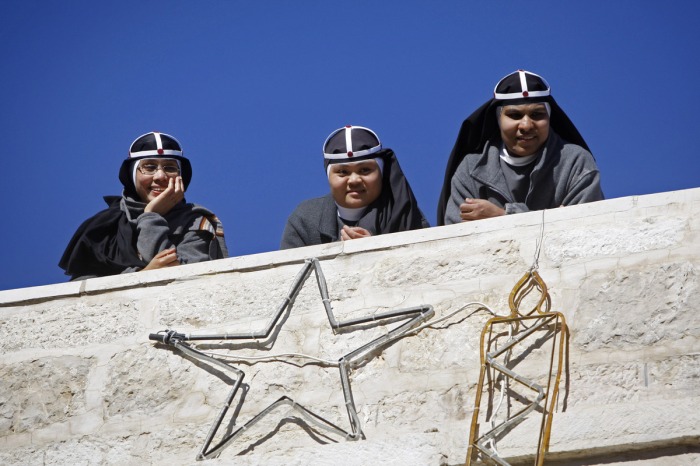





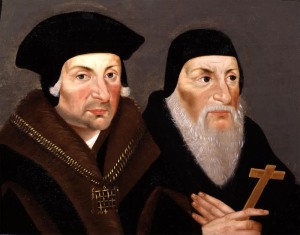


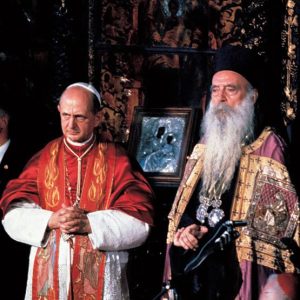
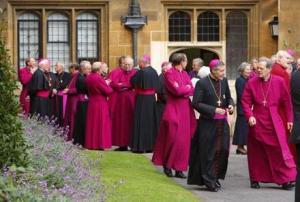


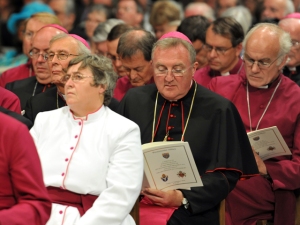
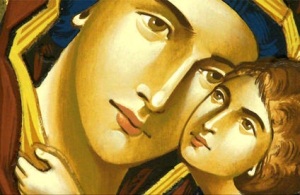




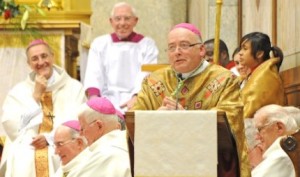
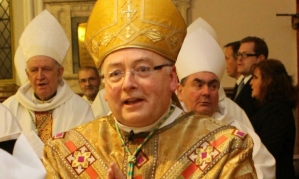



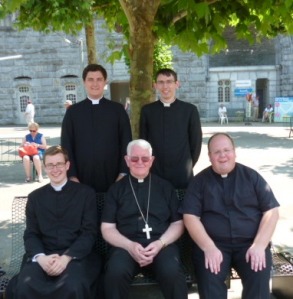
You must be logged in to post a comment.